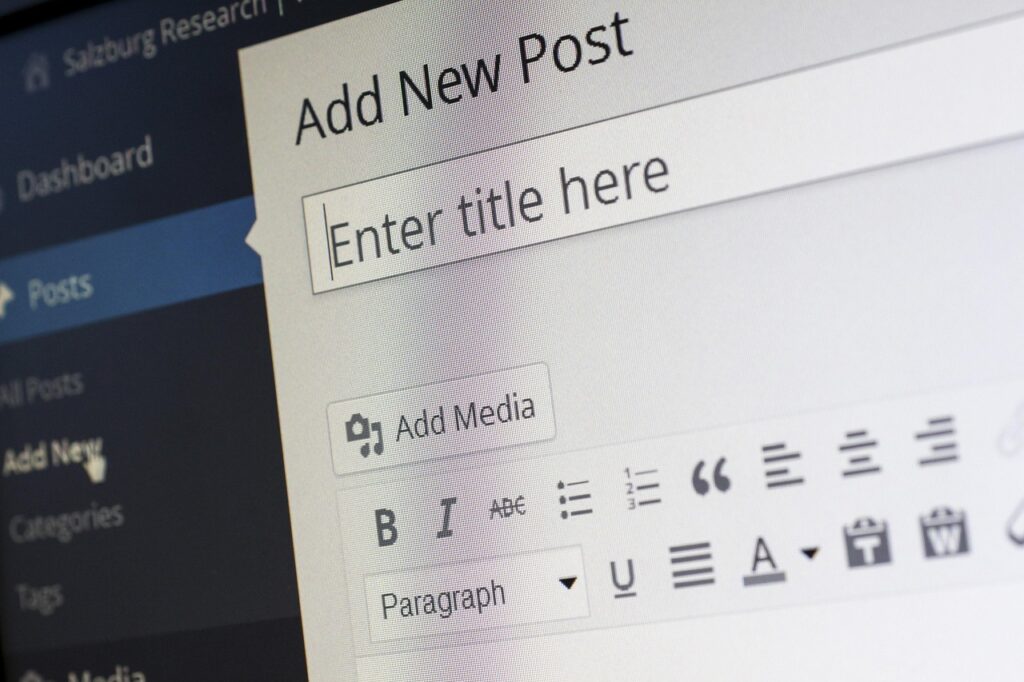In 2025, blogging continues to thrive as a powerful medium for personal expression, business promotion, and niche content creation. Whether you’re a seasoned blogger or just starting out, choosing the right platform is critical. The best blogging platforms today combine ease of use, design flexibility, monetization tools, and SEO capabilities. Below, we explore the top blogging platforms of 2025 to help you find the perfect fit for your goals. 
1. WordPress.org – The Powerhouse for Professionals
Still reigning as the most popular blogging platform, WordPress.org offers unmatched flexibility and control. With thousands of plugins and themes, it’s ideal for bloggers who want full customization and scalability. While it requires a bit of a learning curve and separate web hosting, the results are well worth the effort.
Best for: Professional bloggers, businesses, and developers
Pros: Full control, huge community, SEO-friendly
Cons: Needs hosting and maintenance
2. Wix – Design-Centric and Beginner-Friendly
Wix has made big strides in 2025, offering intuitive drag-and-drop design tools and robust blogging features. It’s perfect for beginners who want a beautiful blog without touching code.
Best for: Creatives, lifestyle bloggers, and beginners
Pros: Easy to use, visually stunning templates
Cons: Less flexibility than open-source platforms
3. Ghost – Minimal and Lightning-Fast
Ghost has carved out a niche for serious content creators. It’s built for speed, SEO, and a clean writing experience. With a focus on subscription-based content and memberships, it’s ideal for those monetizing through loyal readers.
Best for: Journalists, newsletter writers, and content marketers
Pros: Speedy performance, excellent SEO, built-in membership tools
Cons: Limited design options, more technical setup
4. Medium – Write and Be Discovered
Medium remains a go-to platform for writers who want to focus solely on storytelling without managing a website. Its built-in audience and sleek interface make it easy to gain traction — especially in 2025, where reader-focused design matters more than ever.
Best for: Writers, thought leaders, and personal essayists
Pros: Built-in audience, no setup required
Cons: Limited branding and monetization control
5. Substack – For the Newsletter Era
Blogging and newsletters have merged, and Substack leads the charge. With its writer-first model, Substack lets you publish posts, grow an email list, and monetize directly through subscriptions.
Best for: Independent writers and niche bloggers
Pros: Easy to start, strong monetization options
Cons: Limited design and site control
6. Squarespace – Stylish All-in-One Solution
Known for its visually impressive templates, Squarespace continues to be a favorite for lifestyle bloggers and small businesses. It combines blogging with e-commerce, email marketing, and more — all in one place.
Best for: Brand-conscious bloggers and creative professionals
Pros: All-in-one platform, sleek design
Cons: Slightly less customizable than WordPress
Final Thoughts
The best blogging platform of 2025 depends on your goals, experience level, and how much control you want over your site. From the robust power of WordPress to the simplicity of Medium, there’s a perfect match for every type of blogger this year. Before deciding, consider what features matter most — whether it’s design, monetization, audience growth, or writing experience.
Are you looking for a recommendation based on your specific blogging goals?
